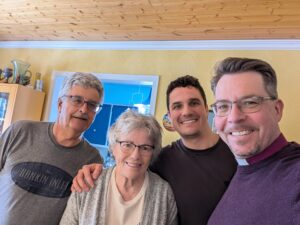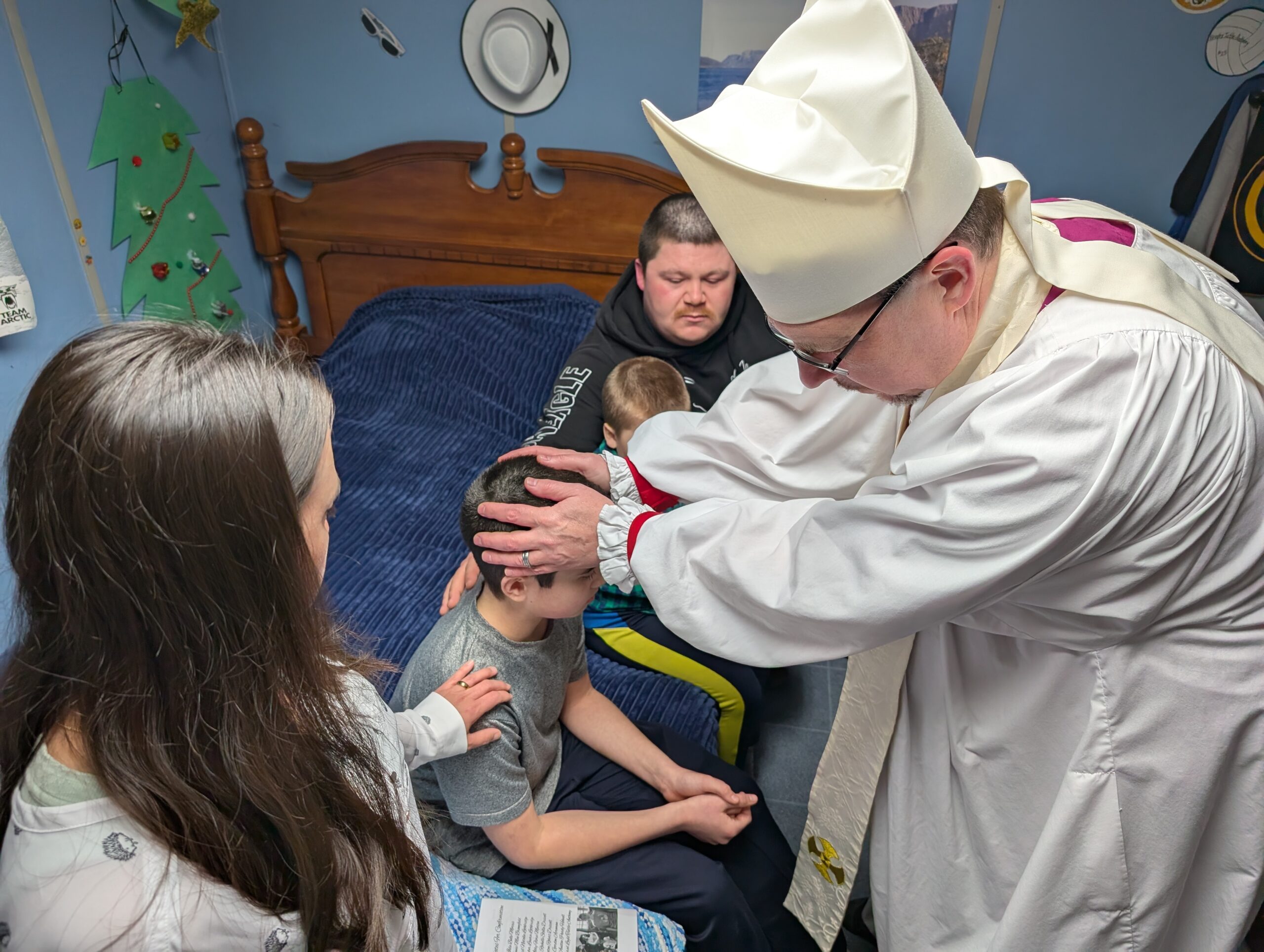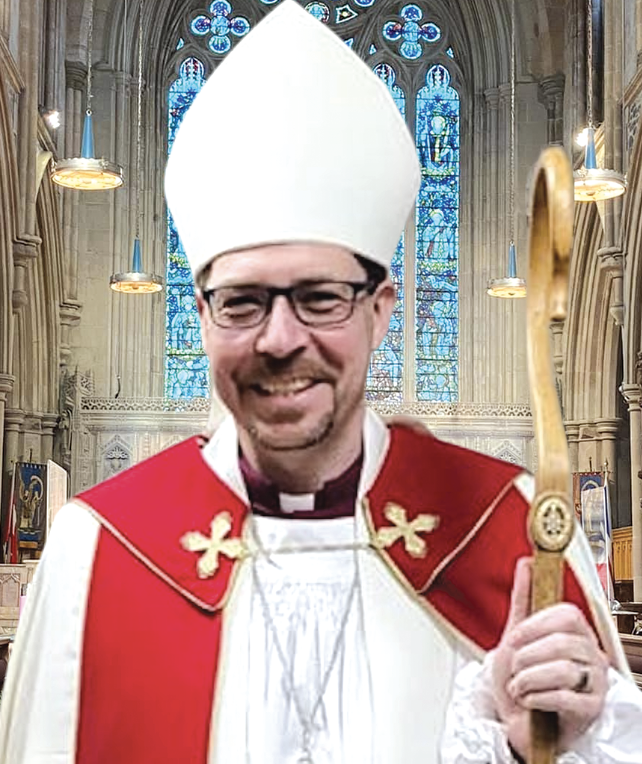In a world that often celebrates the grand and the large-scale, there is a quiet, enduring beauty in the small churches that dot the landscapes of places like the Diocese of Eastern Newfoundland & Labrador. Recently, I had the privilege of revisiting the Parish of Southeast Labrador, a vast collection of eight congregations stretching from Lodge Bay to Cartwright. This parish was formed from the union of two historic mission areas: Battle Harbour and Cartwright. And it holds a special place in my heart. It was here, in 1998, that I began my ministry as a Catechist, and later, in 2001, served as Rector. Returning to these familiar communities reminded me of the profound gift small churches offer: a living reflection of the early Christian community, rooted in care, connection, and faith in Christ.
Small churches, like those in Southeast Labrador, embody a simplicity and closeness that call to mind the earliest followers of Jesus. In the Book of Acts, we read of believers who “devoted themselves to the apostles’ teaching and fellowship, to the breaking of bread and to prayer” (Acts 2:42). These were not huge assemblies in large cathedrals but modest gatherings, often in homes, where faith was nurtured through shared meals, heartfelt conversation, and mutual support. Today, as I travel across our vast diocese, I see this same spirit alive in our small congregations. Whether it’s sharing a cup of tea in a parishioner’s home or offering prayer beside someone’s sickbed, these intimate moments weave a beautiful and resilient fabric of church community.
The beauty of these churches lies not in their size but in their capacity to care for one another in Christ. In a small congregation, no one is a stranger for long. Faces become familiar, stories are known, and joys and struggles are carried together. When a family faces hardship—be it illness, loss, or the challenges of life in remote Labrador—their church rallies around them. A casserole appears at the door, a visit is made, a prayer is said. This is the Body of Christ at work, each member supporting the other, just as Paul describes in 1 Corinthians 12:26: “If one part suffers, every part suffers with it; if one part is honoured, every part rejoices with it.” In these acts of love, small churches mirror the early Christians, who “shared everything they had” and ensured “there were no needy persons among them” (Acts 4:32, 34).

Visiting the Parish of Southeast Labrador, I am struck by the resilience of these communities. Spread across rugged terrain and often separated by miles of coastline, the eight congregations remain united in purpose and faith. They gather in humble buildings, weathered by decades of wind and snow, and yet these spaces are alive with worship and warmth. It’s a reminder that the church is not defined by its architecture but by the people who fill it with their devotion. Like the early church, which thrived without ornate structures, these small congregations prove that faith flourishes where love and care abound.
There is a blessing, too, in the intimacy of worship in a small church. Hymns are sung by voices that know each other well, with prayers shaped by the community’s specific needs, and the Eucharist becomes truly a family meal. As a bishop, I find great joy in these visits, sitting with faithful people who welcome me into their homes and their lives.
Over a cup of tea, we talk about the weather, the fishery, and the hope they find in Christ. These conversations are holy moments and recall the fellowship of those first disciples who broke bread together and praised God.
In a time when so much pulls our attention away from each other and toward isolation, small churches are a testament to the power of community in Christ. They remind us that the kingdom of God is often found in the ordinary. With its eight faithful congregations, the Parish of Southeast Labrador is just one example of this truth. Across our Diocese and beyond, small churches continue to shine as beacons of care, modelling the early Christian community in ways that are both timeless and deeply needed today.
As I left Southeast Labrador, I carried with me renewed gratitude for these small but mighty outposts of faith. They are a gift to our diocese and a living witness to the beauty of a church that cares for one another in Christ. May we all learn from their example, cherishing the bonds that unite us and trusting that, in every cup of tea and every prayer, the Spirit is at work, drawing us closer to God and to each other.




